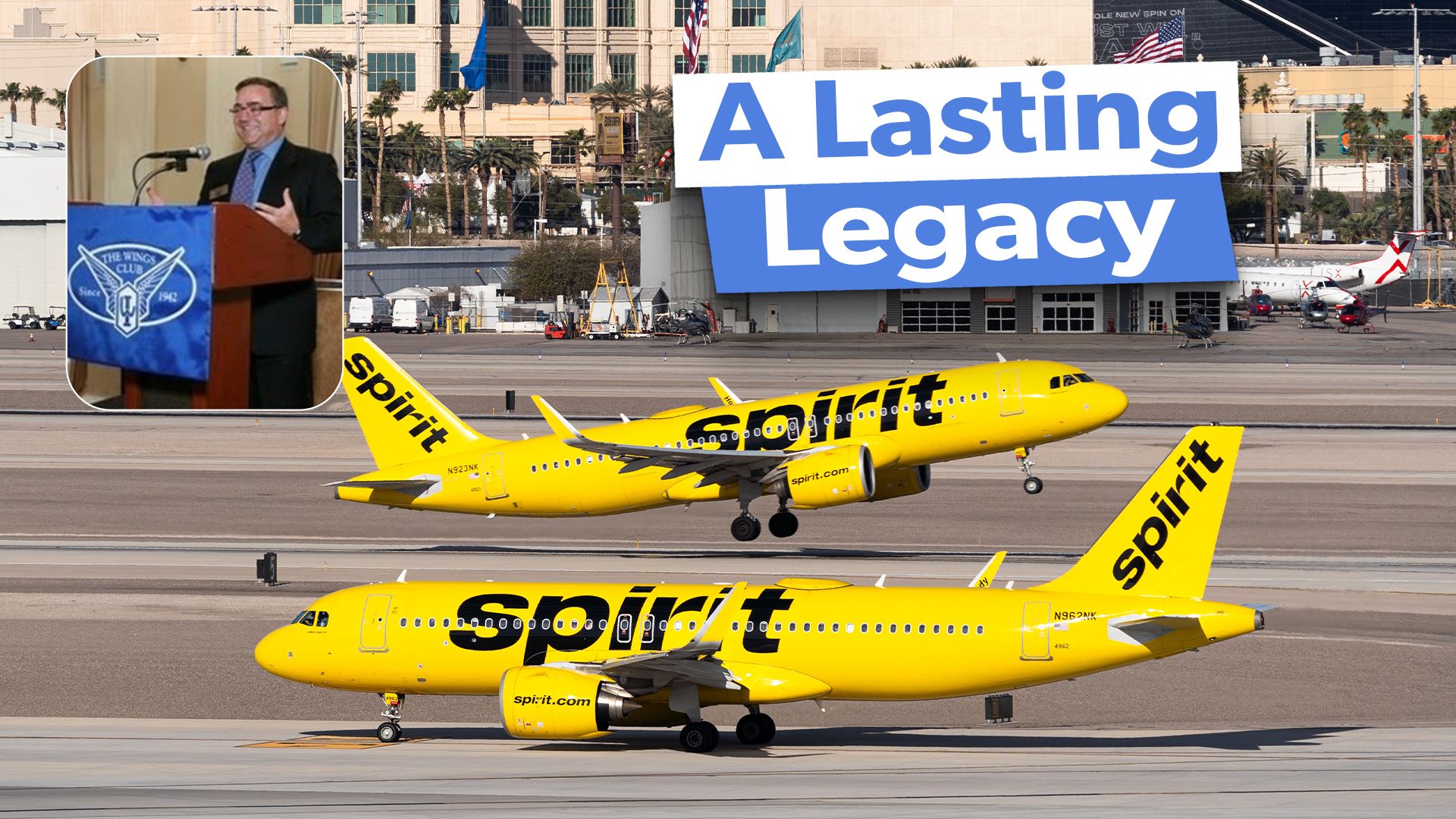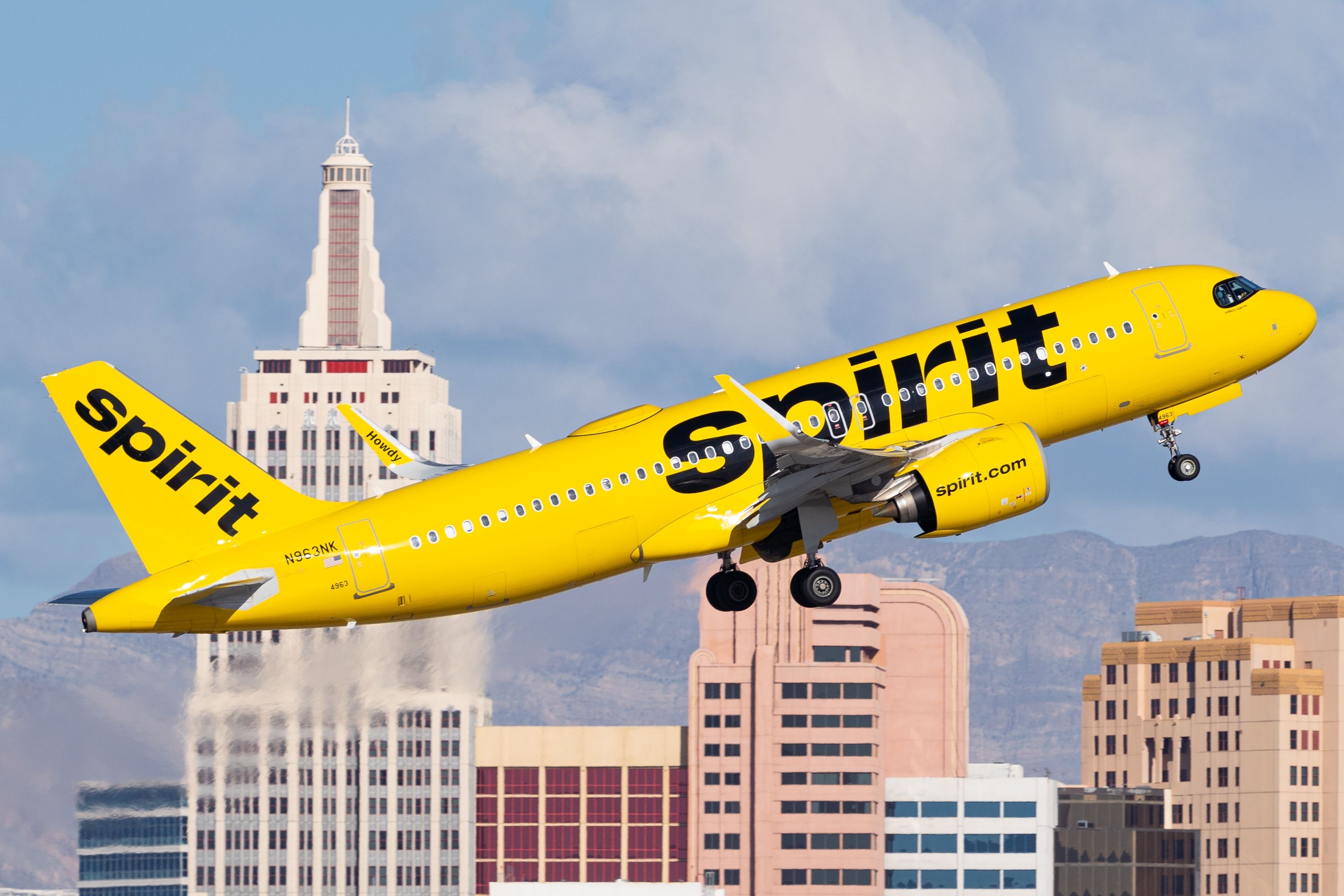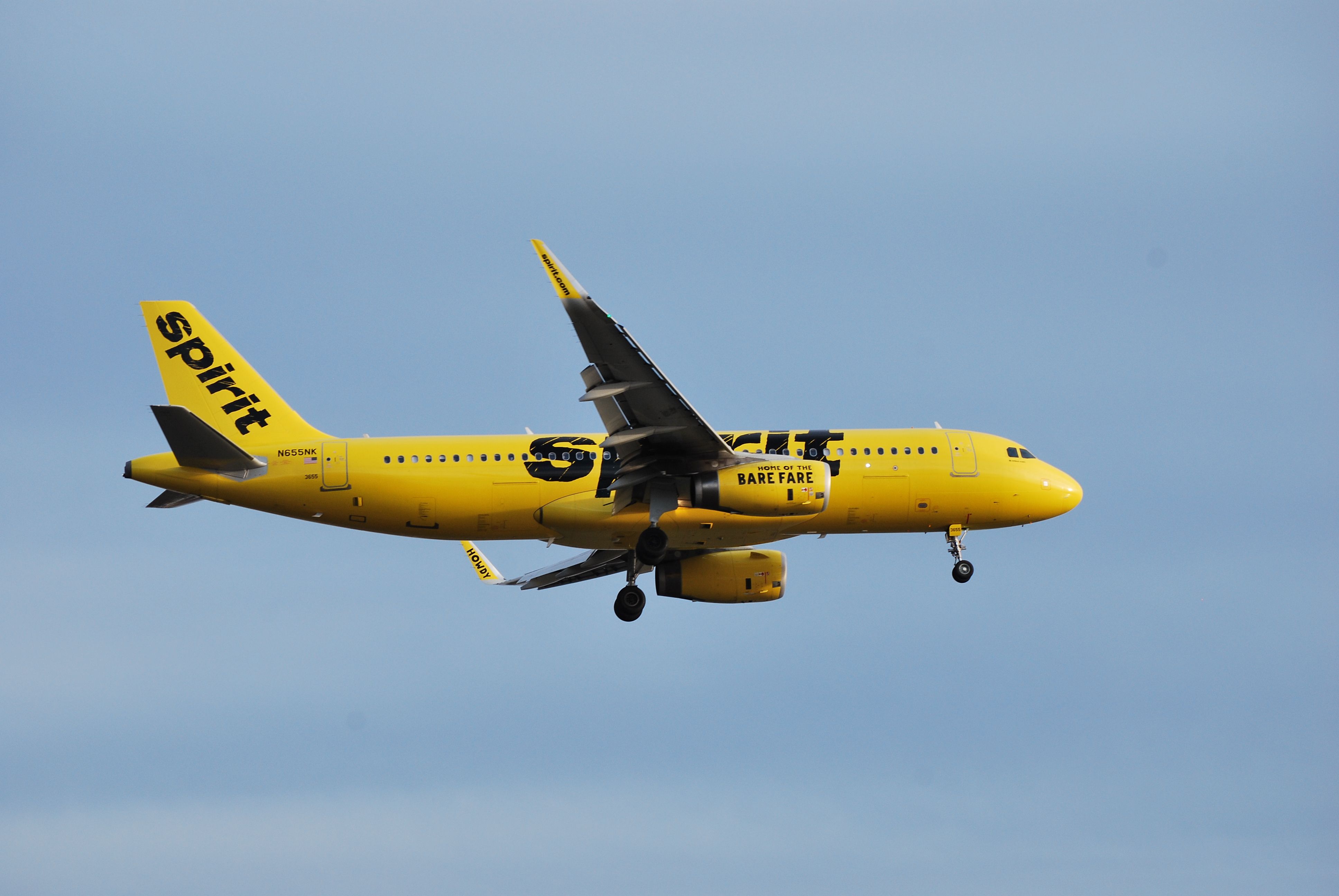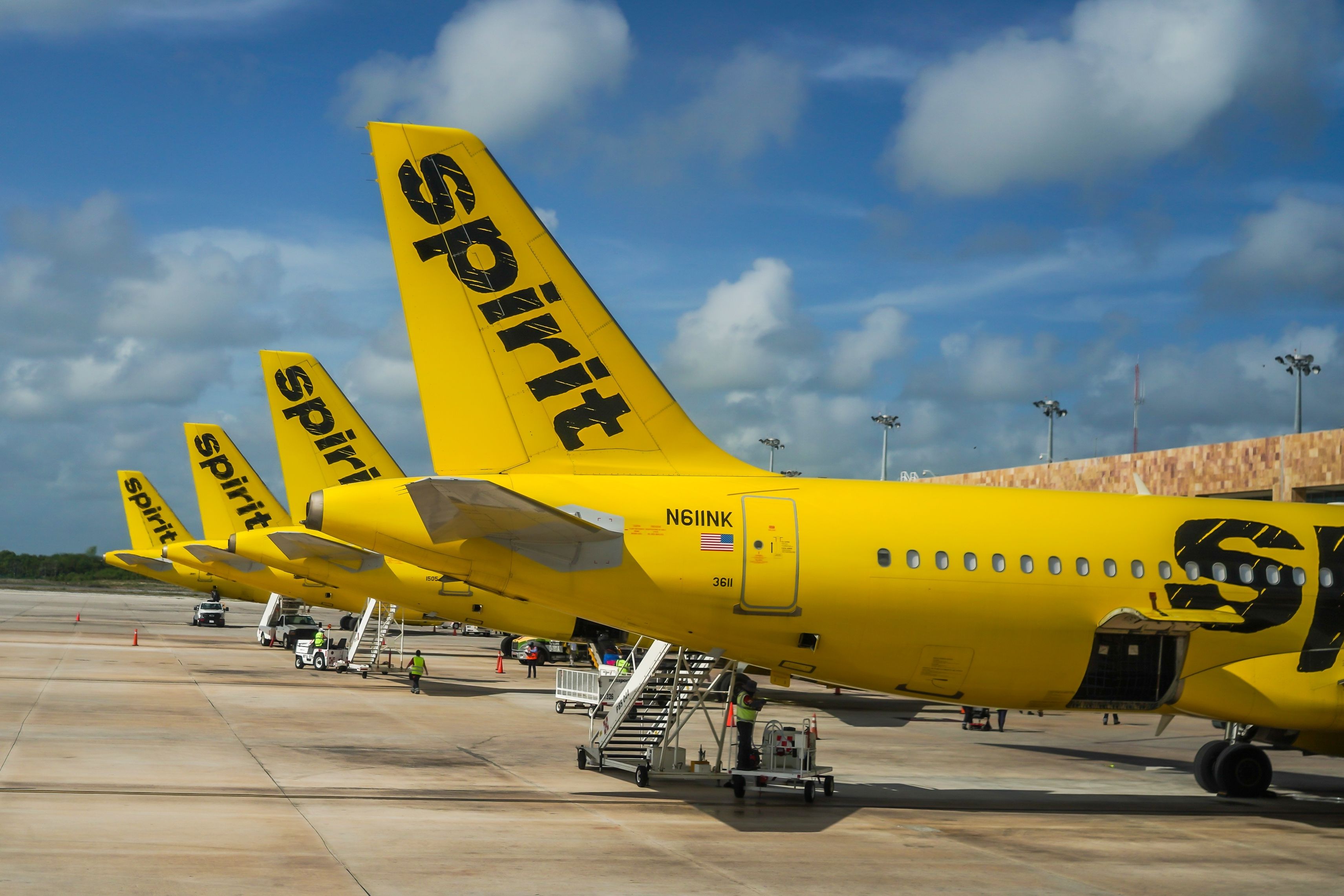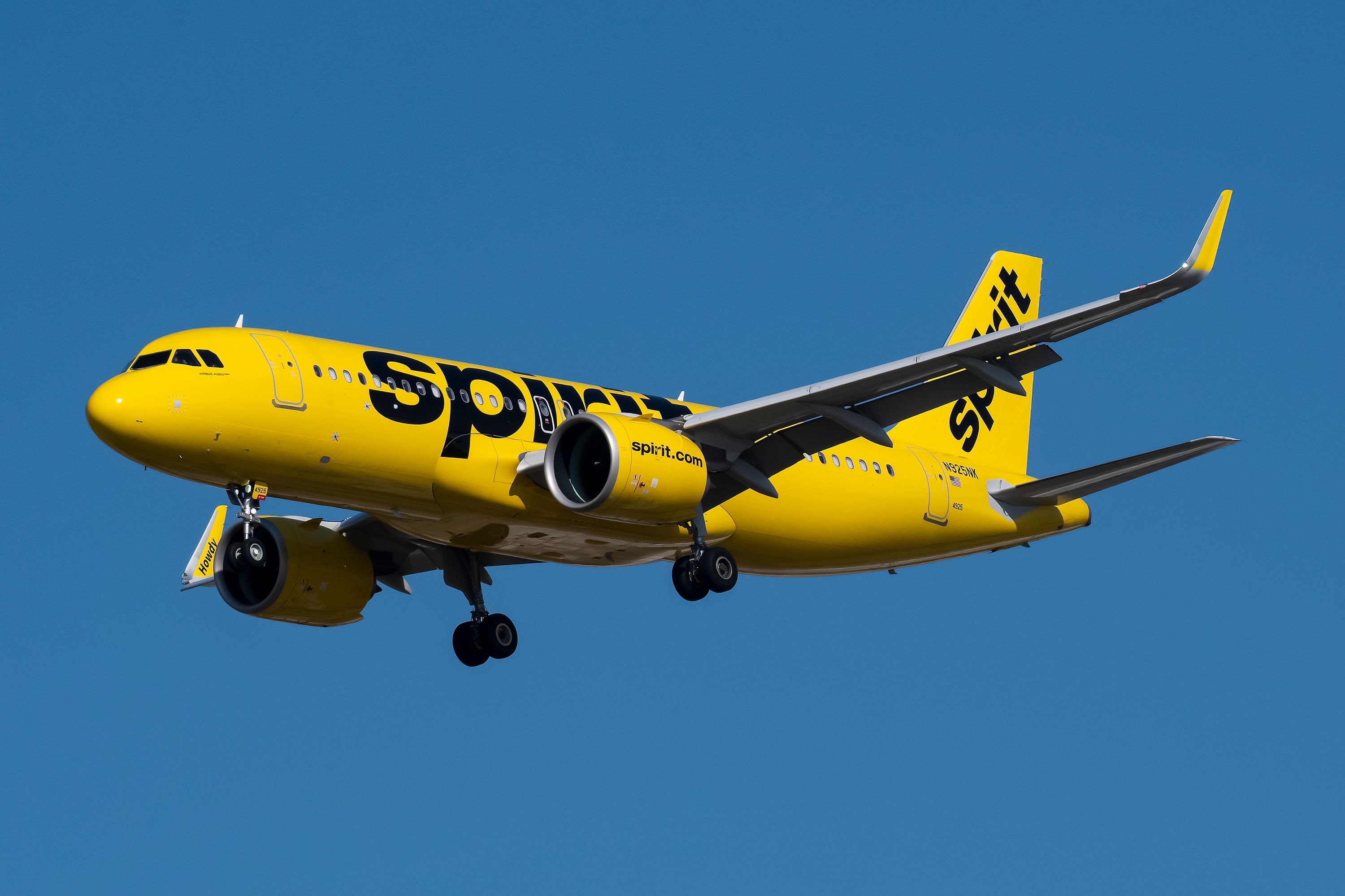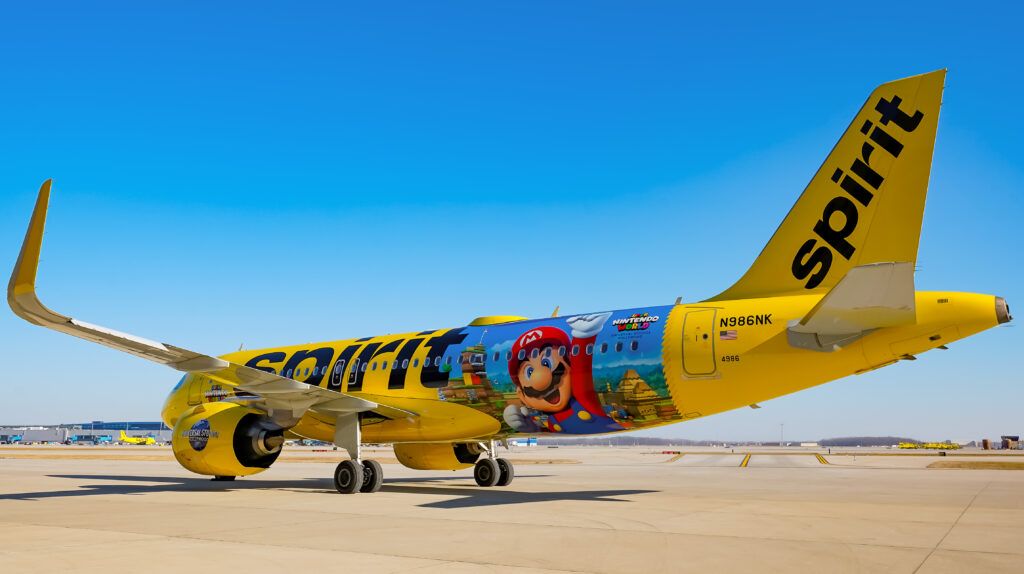On November 5, 2024, former Spirit Airlines
CEO Ben Baldanza passed away at 62, as confirmed by Wall Street Journal travel columnist Scott McCartney on his podcast, which he had co-hosted with Baldanza.
While Baldanza’s recent passing has undoubtedly left a mark on the industry and beyond, his true legacy was forged through his transformative leadership at Spirit Airlines from 2005 to 2016. During his tenure, he shifted the airline’s identity toward a pioneering Ultra-Low-Cost Carrier
(ULCC) model that fundamentally altered the US airline landscape and left an enduring influence on budget air travel.
Photo: GingChen | Shutterstock
Ben Baldanza’s radical vision for Spirit Airlines’ transformation
Baldanza redefined Spirit Airlines by implementing a ULCC model, stripping away extras to offer the lowest possible fares. Inspired by Ryanair
, Baldanza introduced a pricing structure where customers paid only for what they valued. Baldanza’s introduction of the ULCC model set Spirit apart by keeping base fares low while charging fees for add-ons. Some changes include:
- Implementing “bare fare” pricing, charging for checked bags, seat selection, refreshments, even boarding passes.
- Cutting average fares while adding fees for unbundled services.
- Inspiring other airlines to introduce similar budget options, like “basic economy.”
Photo: The Global Guy | Shutterstock
Baldanza’s model wasn’t without controversy; passengers unfamiliar with unbundled fares found Spirit’s structure to be “nickel-and-diming.” Yet Baldanza emphasized that Spirit’s “bare fare” approach gave consumers control, making air travel accessible to millions who might otherwise be priced out.
How Ben Baldanza shaped the ultra-low-cost airline model
While Spirit was unique in its aggressive pricing strategy, Baldanza’s concept was widely adopted throughout the industry. Spirit was the first airline to charge for checked luggage, and other airlines soon followed. The low-cost model was copied by upstart competitors and traditional carriers, which introduced bare-bones “basic economy” options alongside standard fares.
Baldanza described in a 2023 Forbes column that this idea sprang from his conviction that managing an airline is similar to learning a complex board game, where players must manage risks, balance resources, and predict their rivals’ actions. According to Baldanza, running a ULCC needed a complex strategy that struck a compromise between providing passengers with options they could pay for separately and keeping expenses low. This strategy enabled Spirit to provide industry-low tickets economically.
He wrote in the column:
“Airlines also must sacrifice at times for a better long-term outcome. Agreeing with a labor union on wages that look scary for the cost structure can be a good deal in long run, based somewhat on how others react. Making commitments for future aircraft can be one of the more difficult decisions an airline makes, given that money is committed today for planes that may not even arrive for years.”
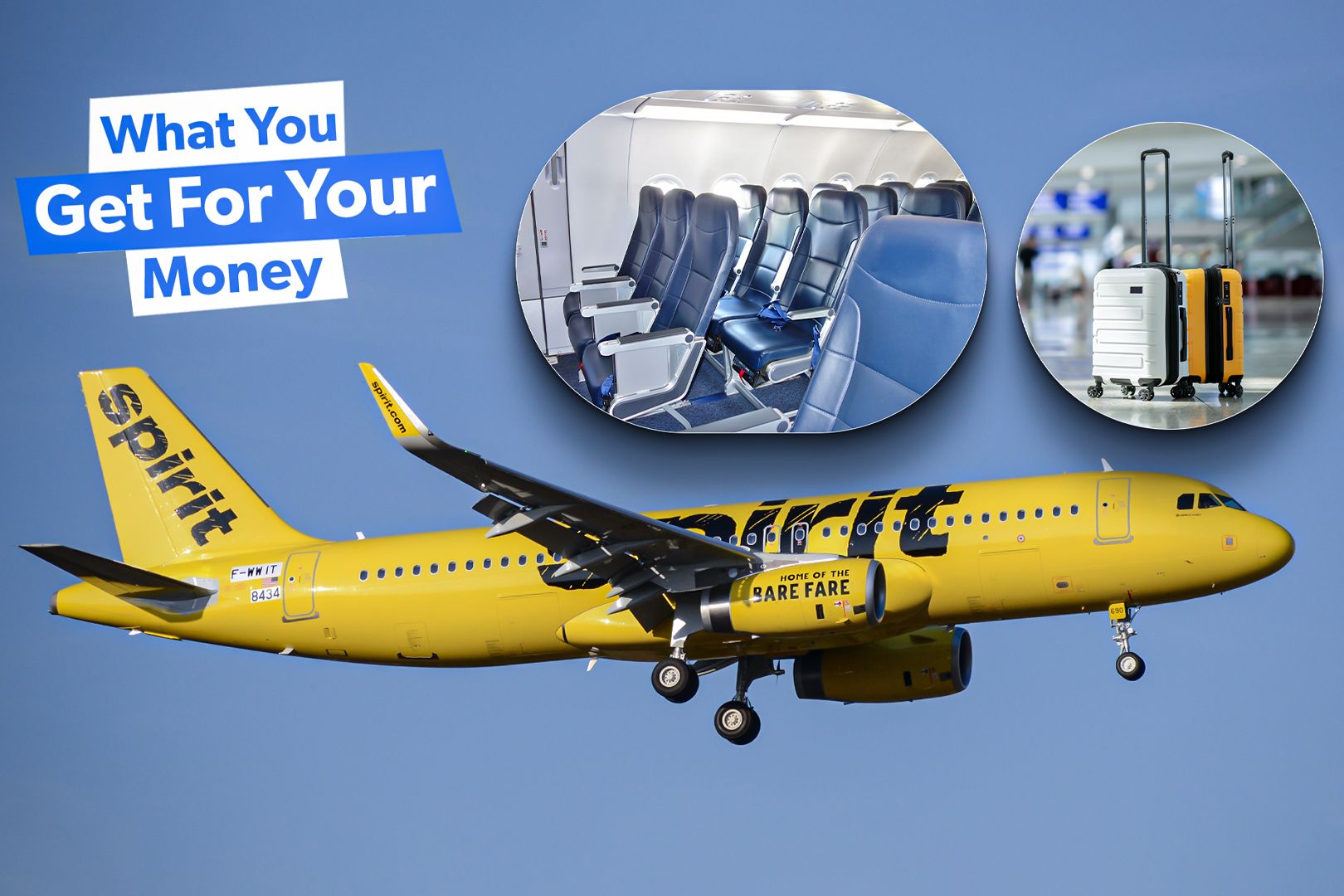
Related
Spirit Airlines’ ‘Bundle’ Packages: Everything You Need To Know
How do you make sense of all the bundles created by the once-unbundled airline?
Despite mixed public reactions, Spirit Airlines thrived financially under Baldanza’s leadership, leading to a successful IPO in 2011. Baldanza’s financial acumen ensured that Spirit capitalized on its low-cost model without sacrificing profitability, expanding routes to underserved markets and maintaining steady growth. As competitors noted, major airlines introduced “basic economy” offerings to stay competitive, underscoring Baldanza’s broader industry influence.
Bold and controversial Spirit Airlines strategy
Baldanza, an enthusiastic and media-savvy advocate for Spirit’s ultra-low-cost model, touted low fares, which averaged around $75 by 2013 from an already low $94 in 2008, according to The New York Times. He described Spirit as a “dollar store in the sky,” with planes akin to “buses with wings,” and made no apologies for bare-bones services or extra fees. Spirit’s marketing was also famously audacious; in 2011, the airline promoted a “$9 Weiner sale,” capitalizing on the scandal involving Representative Anthony Weiner of New York, illustrating Baldanza’s willingness to push boundaries in branding.
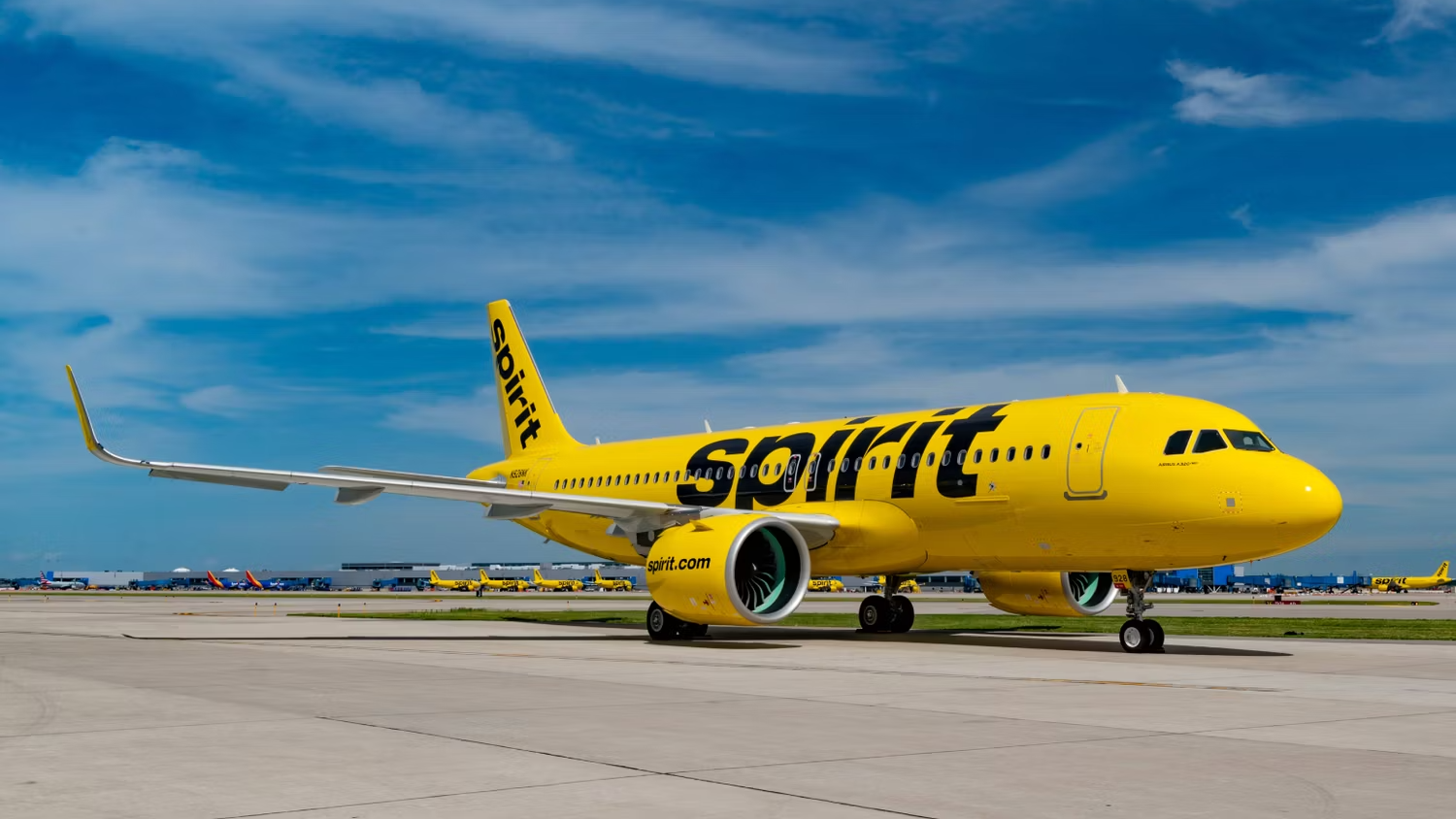
Related
Flying With Spirit Airlines: A First-Time Guide
Spirit Airlines can be a great deal, but travelers should come prepared.
Spirit’s reputation as “America’s most hated airline” culturally reflected the polarized reception to Baldanza’s strategy. While customer complaints over fees and seating persisted, Baldanza stood firm, asserting that Spirit’s value lay in affordability and transparency. His straightforward approach made him a familiar figure in the media, defending Spirit’s mission to democratize air travel for budget-conscious passengers. According to View from the Wing, Baldanza famously hit reply-all by mistake during a complaint email, telling his staff that they owed a client nothing for their concerns.
“Please respond, Pasquale, but we owe him nothing as far as I’m concerned. Let him tell the world how bad we are. He’s never flown us before anyway and will be back when we save him a penny,” he wrote.
Photo: Leonard Zhukovsky | Shutterstock
Under Baldanza, the company expanded quickly, adding several planes and additional routes. However, the market ultimately determined that he had overreached, and Spirit’s stock price dropped by over 50% in 2015, from a peak of $88.25 to a low of $33.77, The New York Times reported.
He resigned in January 2016. Today, Spirit’s stock price is close to $3.5 per share. Last month, the airline was exploring the possibility of filing for Chapter 11 bankruptcy.
Leaving Spirit Airlines, but his journey continued
After departing Spirit Airlines in 2016, Baldanza served on the boards of JetBlue
and Six Flags. He also taught economics as an adjunct professor at George Mason University.
Photo: Robin Guess | Shutterstock
Baldanza received the Air Transport World Joseph S. Murphy Award for industry service in 2023, and the United States National Aeronautic Association (NAA) announced that he received the 2024 Wright Brothers Memorial Trophy in July.
Baldanza presented the “Airlines Confidential” podcast alongside Scott McCartney, a former travel editor for the Wall Street Journal. The two regularly discussed industry news and interviewed airline executives. After struggling with ALS, which he was initially diagnosed with in 2022, Baldanza finally quit the show in August.
Photo: Spirit Airlines
Ben Baldanza’s legacy at Spirit Airlines stands as a bold chapter in airline history. His transformative ULCC model redefined affordability in air travel, influenced industry-wide pricing strategies, and opened flying to a new segment of budget-conscious travelers.

